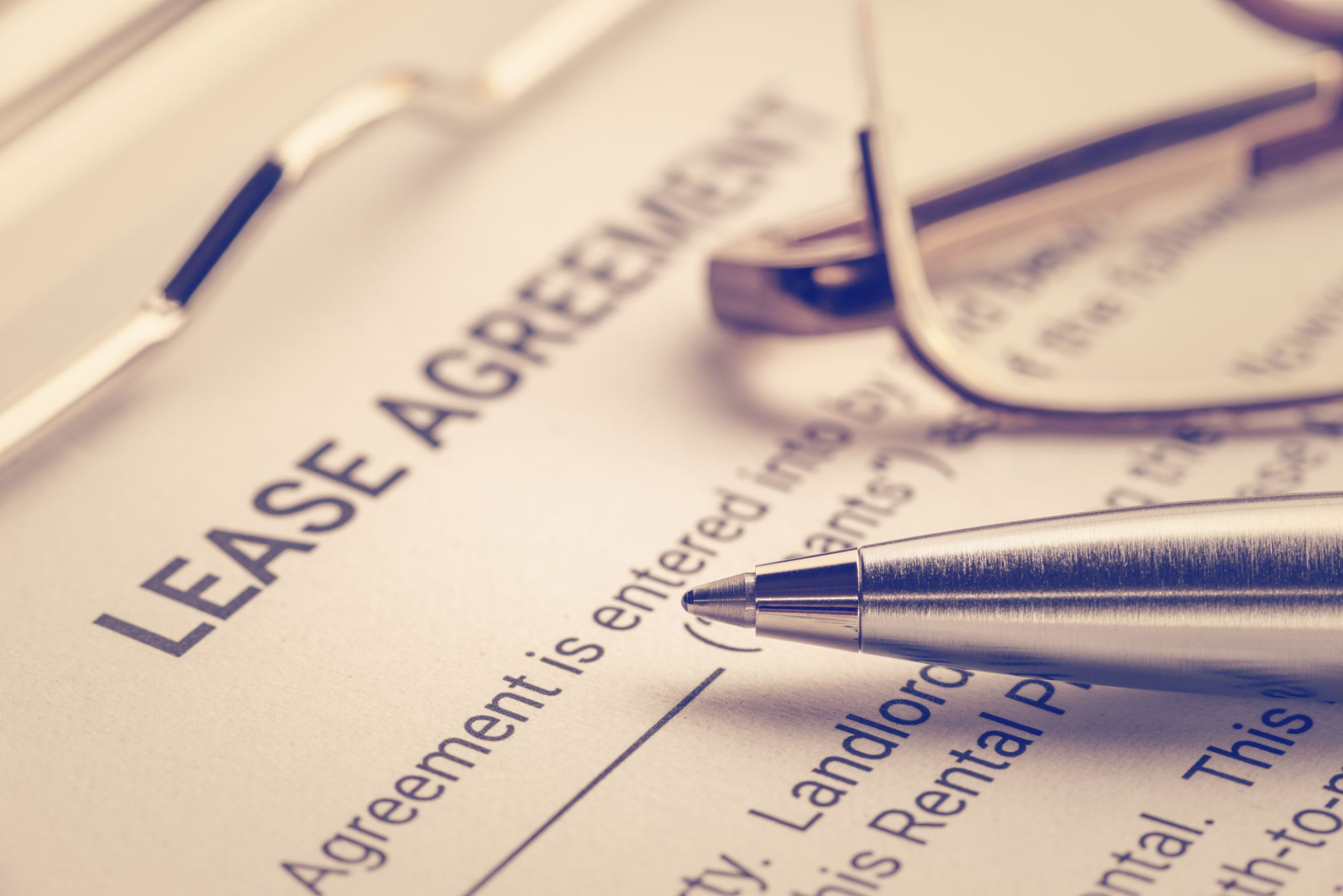How to Buy Rental Properties: A Step-by-Step Guide for Beginners
Understanding the Basics of Rental Property Investment
Investing in rental properties can be a lucrative way to build wealth and secure a steady income stream. However, for beginners, the process might seem overwhelming. Understanding the basics is crucial before diving into the world of real estate investment. It's essential to comprehend the market dynamics, property values, and rental trends in your targeted area.
Begin by researching different neighborhoods, looking at factors such as proximity to schools, public transport, and other amenities. These elements can significantly affect the demand and value of rental properties. Moreover, familiarize yourself with common real estate terms and concepts such as cap rate, cash flow, and return on investment (ROI).

Setting Your Budget and Financial Goals
Before purchasing a rental property, it's imperative to define your budget and financial goals. Determine how much you are willing to spend and how this investment fits into your long-term financial plan. Consider all potential expenses, including mortgage payments, property taxes, insurance, and maintenance costs.
Additionally, setting clear financial objectives will guide your decisions. Are you looking for immediate cash flow, or is long-term appreciation more important? Your goals will influence the type of property you should invest in.

Securing Financing for Your Investment
Once you have a budget in mind, the next step is to secure financing. Many options are available, from traditional bank loans to private lenders. It's crucial to explore different financing options to find the one that best suits your needs. Ensure your credit score is in good shape, as this will affect your loan approval chances and interest rates.
Consult with a mortgage broker or financial advisor to understand the implications of different loan products. They can provide insights into fixed-rate versus variable-rate mortgages and help you choose the most favorable terms.
Finding the Right Property
With financing lined up, it's time to search for the right property. Engage a real estate agent who specializes in investment properties to help you navigate listings and negotiate deals. Look for properties with potential for appreciation and positive cash flow.
Consider factors like location, property condition, and tenant demand. A thorough inspection is crucial to uncover any potential issues that could lead to costly repairs down the line.

Conducting Due Diligence
Before finalizing any purchase, conduct due diligence. This involves reviewing property records, assessing neighborhood trends, and understanding local zoning laws. Due diligence ensures that you are making an informed decision and helps avoid potential pitfalls.
Hire professionals like property inspectors and appraisers to evaluate the property's condition and market value. Ensure all legal aspects are clear, including title searches and existing lease agreements if the property is already rented out.

Managing Your Rental Property
After purchasing a rental property, effective management is key to ensuring profitability. Decide whether you will manage the property yourself or hire a property management company. While self-management can save money, it requires a significant time investment.
If you choose to outsource, select a reputable management company with experience in your property's area. They can handle tenant screenings, rent collection, maintenance requests, and more.
Understanding Tenant Laws and Regulations
As a landlord, it's vital to understand tenant laws and regulations in your area. These laws govern everything from security deposits to eviction processes. Familiarize yourself with these rules to avoid legal issues and maintain good relationships with tenants.
Consider joining local real estate investment groups or associations to stay updated on legislative changes and network with other landlords for advice and support.

Evaluating Your Investment Performance
Regularly evaluate your rental property's performance to ensure it aligns with your financial goals. Track income and expenses meticulously to calculate your net cash flow. Assess whether your property is appreciating in value as expected.
If your property isn't meeting performance expectations, consider strategies for improvement. This could involve increasing rent, reducing expenses, or even selling underperforming properties to reinvest elsewhere.